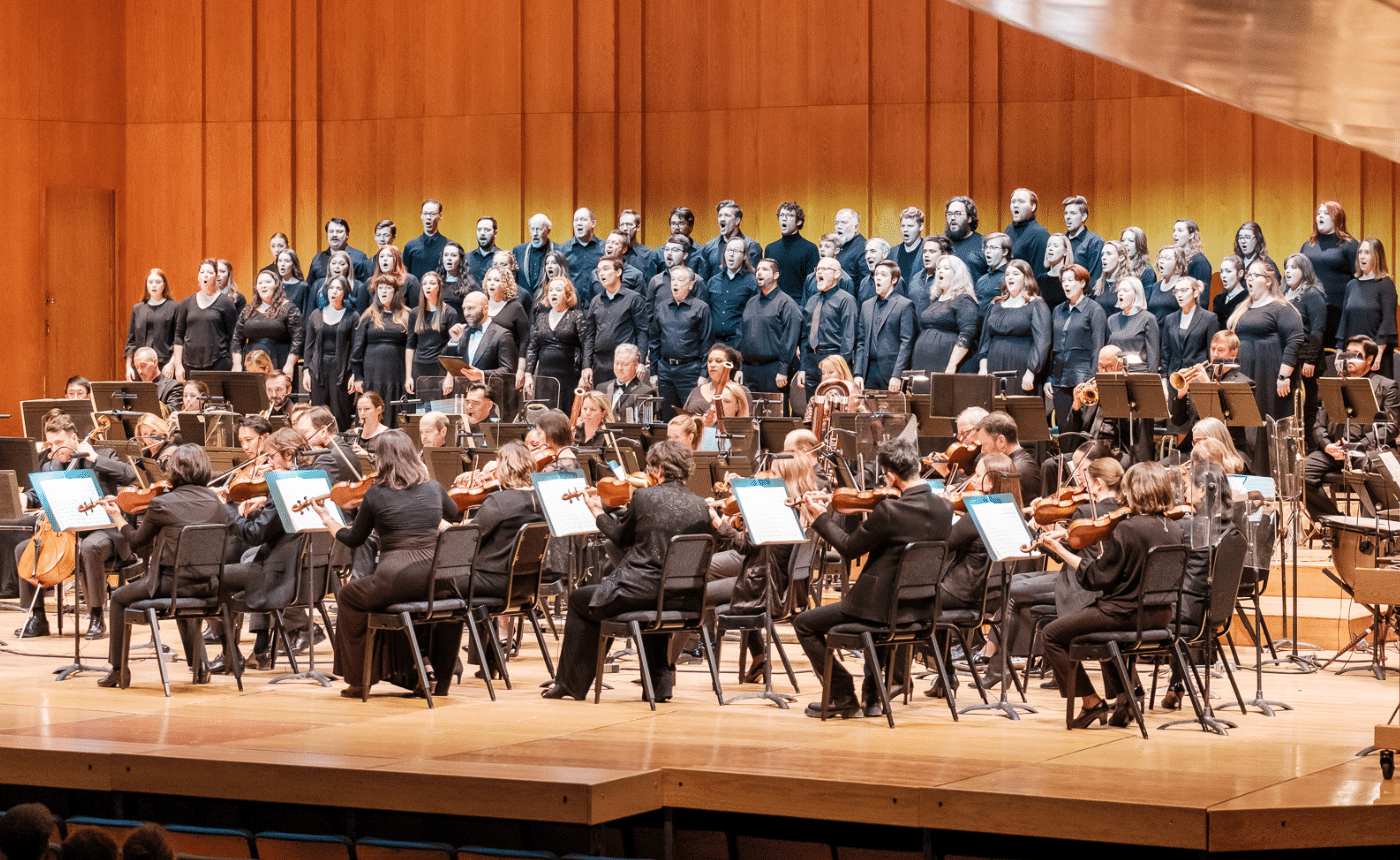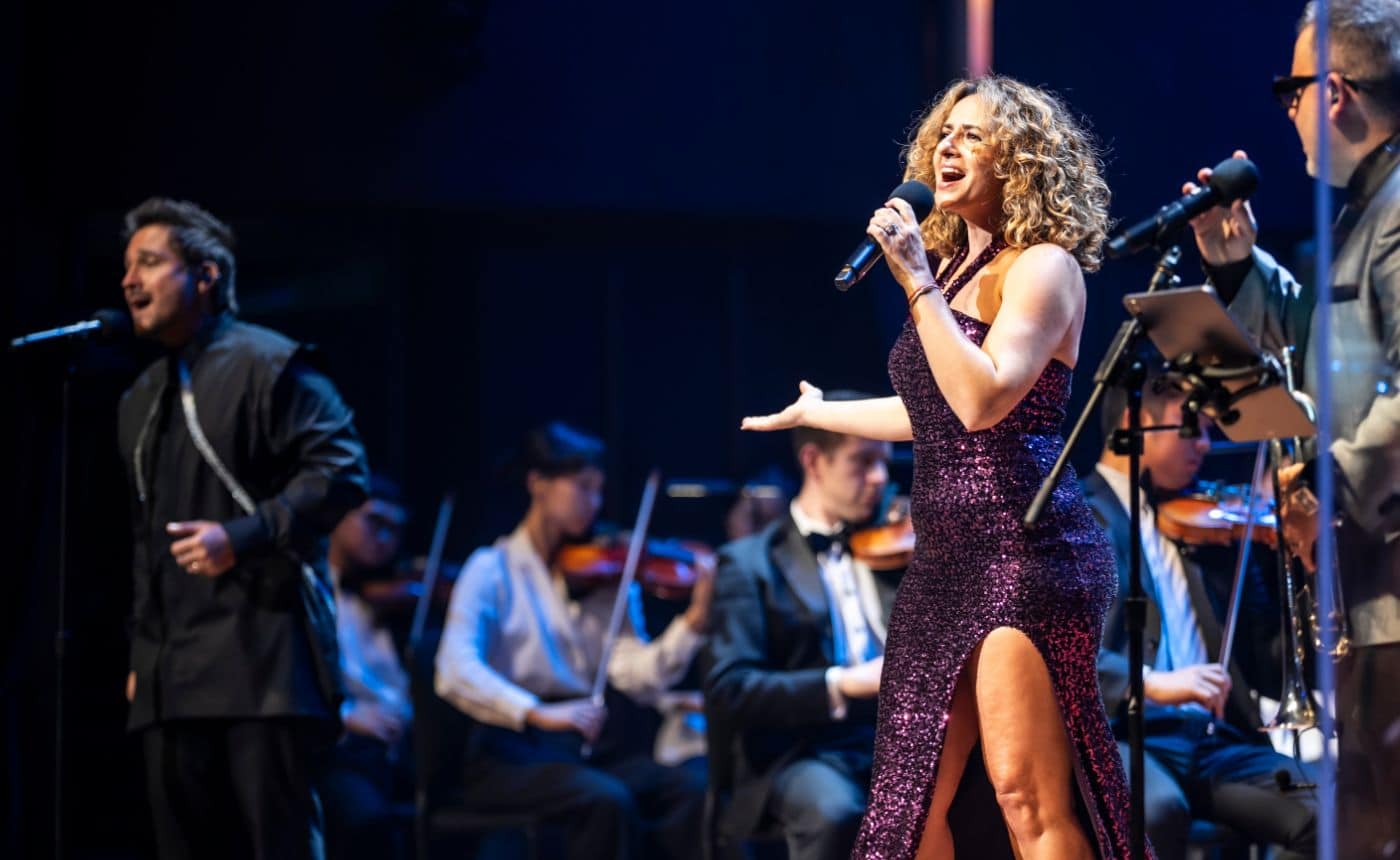Handel-Music for the Royal Fireworks
Georg Frideric Handel (1685 – 1759): Music for the Royal Fireworks
Instrumentation: 3 oboes, 2 bassoons, contrabassoon; 3 horns, 3 trumpets; timpani, harpsichord; strings
Performance time: 26 minutes
Background
Recognized almost everywhere as “the royal fireworks music,” this suite is known for what it has and what it doesn’t have. What it has: gorgeous melodies in abundance; majestic Baroque rhythms intensified by a large ensemble, heavy on the brasses and woodwinds; and a fabulous sense of occasion, like a dozen stirring fanfares rolled into one. What it doesn’t have: as many stringed instruments as you might expect in Handel’s most abundantly scored work.
Handel’s Music for the Royal Fireworks was commissioned to mark the muddled end to the muddled War of the Austrian Succession, in which England’s stake seemed limited to the personal interest of King George II. As a native of Germany and a scion of the royal house of Hanover, he was England’s dog in a continental fight that ended with the Treaty of Aix-la-Chapelle, ensuring his place in the Hanoverian succession. A royal celebration was in order — planned by the stage designer of the Paris Opéra to include the most spectacular fireworks in the most spectacular setting imaginable on April 27, 1749.
Appropriately enough, the music commissioned for the occasion was to be provided by England’s most eminent composer, Georg Frideric Handel, who occupied the position of Composer to the Royal Chapel. Like the king, Handel was a native of Germany who adopted England as his home. His wild popularity and success were based not only on the brilliance of his music, but also on his skill as an entrepreneur and producer of musical events. Regarding matters musical in a royal commission, only one person could outrank him: the king himself. But when George II insisted that the music to accompany the royal fireworks should include only martial instruments (primarily brasses) and no “fiddles” (anything with strings), Handel did not comply — instead including a complement of strings just sufficient to balance the “martial instruments” in abundance.
The preparations for the celebration seemed to galvanize the entire city of London for six months in advance of the event: The set machine measuring more than 100 feet in length and height took shape. Props and settings of unprecedented opulence and scale were constructed. As the festival day approached, 101 cannons took their places. Public rehearsals were mobbed. Then, as if to vindicate Handel’s judgment, the royal fireworks turned into a royal fiasco, owing in part to a convergence of bad planning and bad weather. Display areas were poorly lit, the fireworks were incomplete in their spectacle, and a stage pavilion burned down in the middle of it all. The sense of disaster ruining a moment of triumph was so strong that accounts of the debacle noted “only two persons were killed” in the ensuing melee. The one unqualified success: Handel’s music, which won immediate acclaim and was repeated in a concert the following month to benefit his favorite charity, the Foundling Hospital (also a beneficiary of his annual Messiah concerts).
What to Listen For
Baroque instrumental suites are typically dance movements that alternate fast and slow tempos — a description that fits Handel’s Music for the Royal Fireworks but hardly conveys its grandeur and beauty. The suite opens with what may be the most grandiloquent of Handel’s musical utterances, an overture in the French style that is all brass and dignity, with stately dotted rhythms conveying the majestic procession of state. This overture opens onto a series of brief, celebratory dances including a bourée and two minuets, along with two movements honoring the noble character of the sovereign: La Paix, a pastorale representing King George II as the guardian of the peace of the realm, and La Réjouissance, expressing popular rejoicing occasioned by the king’s glorious victory in war. (King George II was, in fact, the last English king to lead troops in battle.)
Overall, the sumptuous sound of the royal fireworks music is an apotheosis of both the Baroque era and of the monarch for whom Handel wrote it. The end of the Baroque era in classical music is sometimes placed at 1750, the year that Bach died; Music for the Royal Fireworks was written just one year earlier. With the Classical era soon to come, this suite is one of the late glories of Baroque style.











